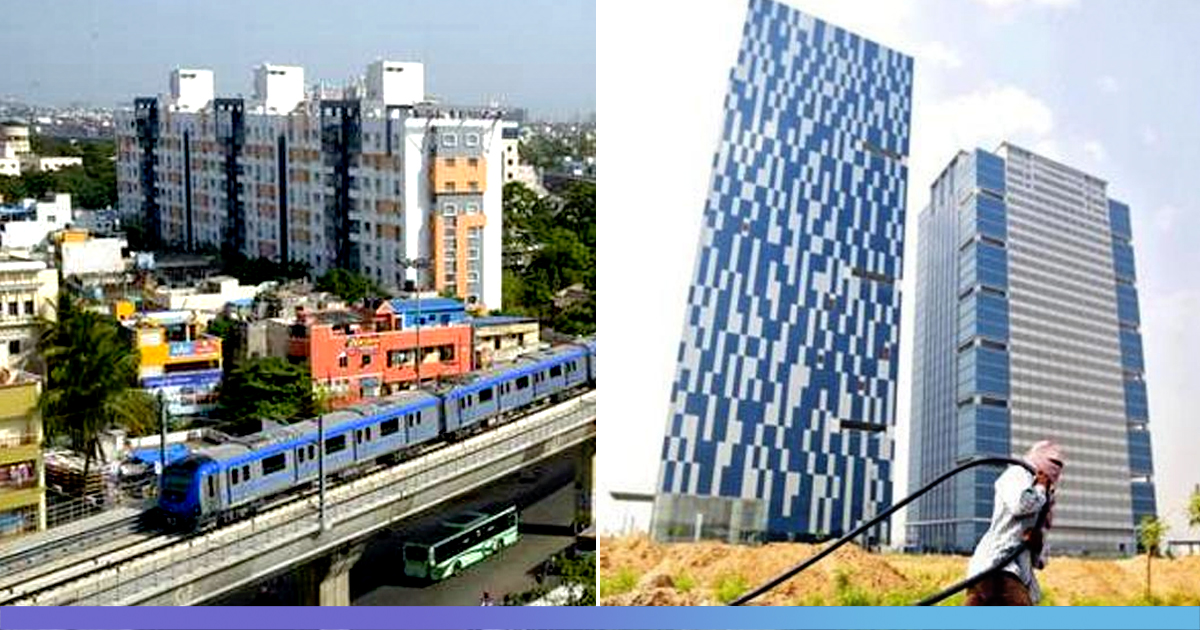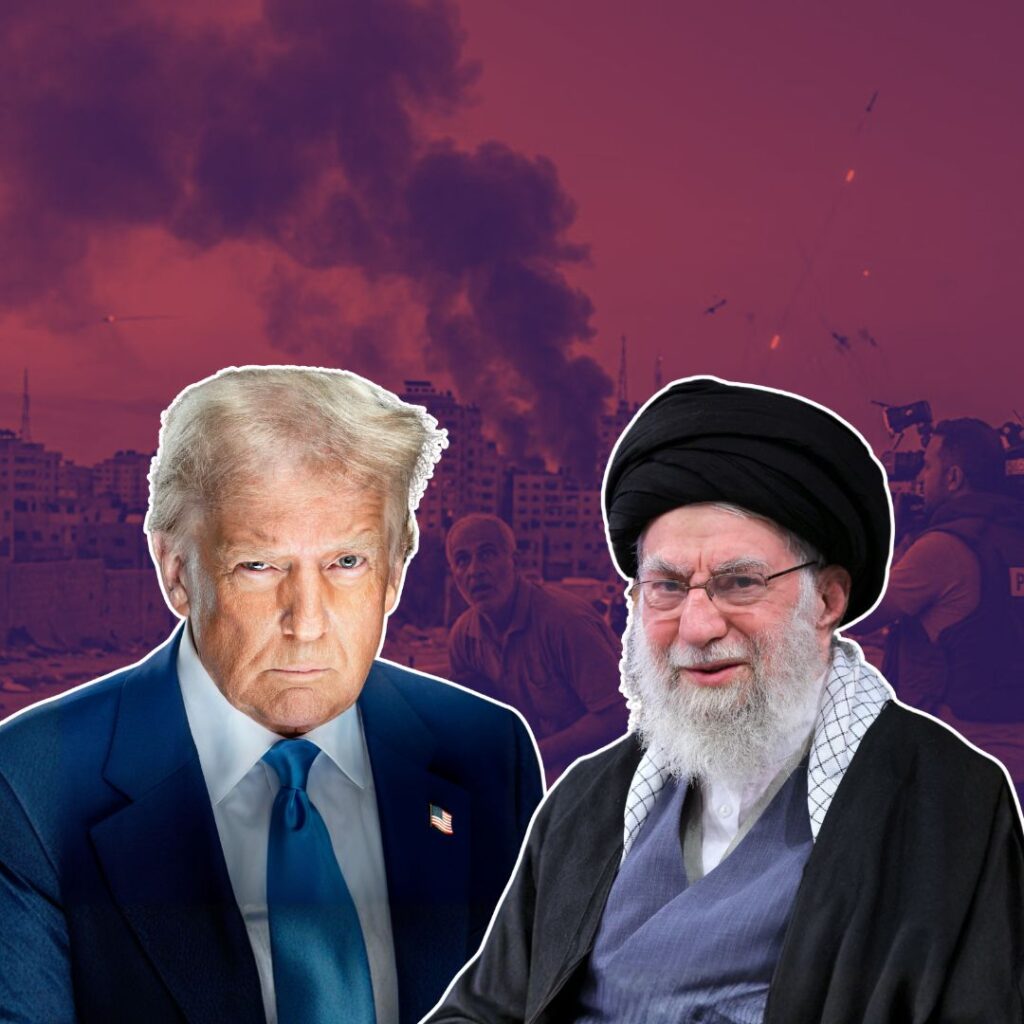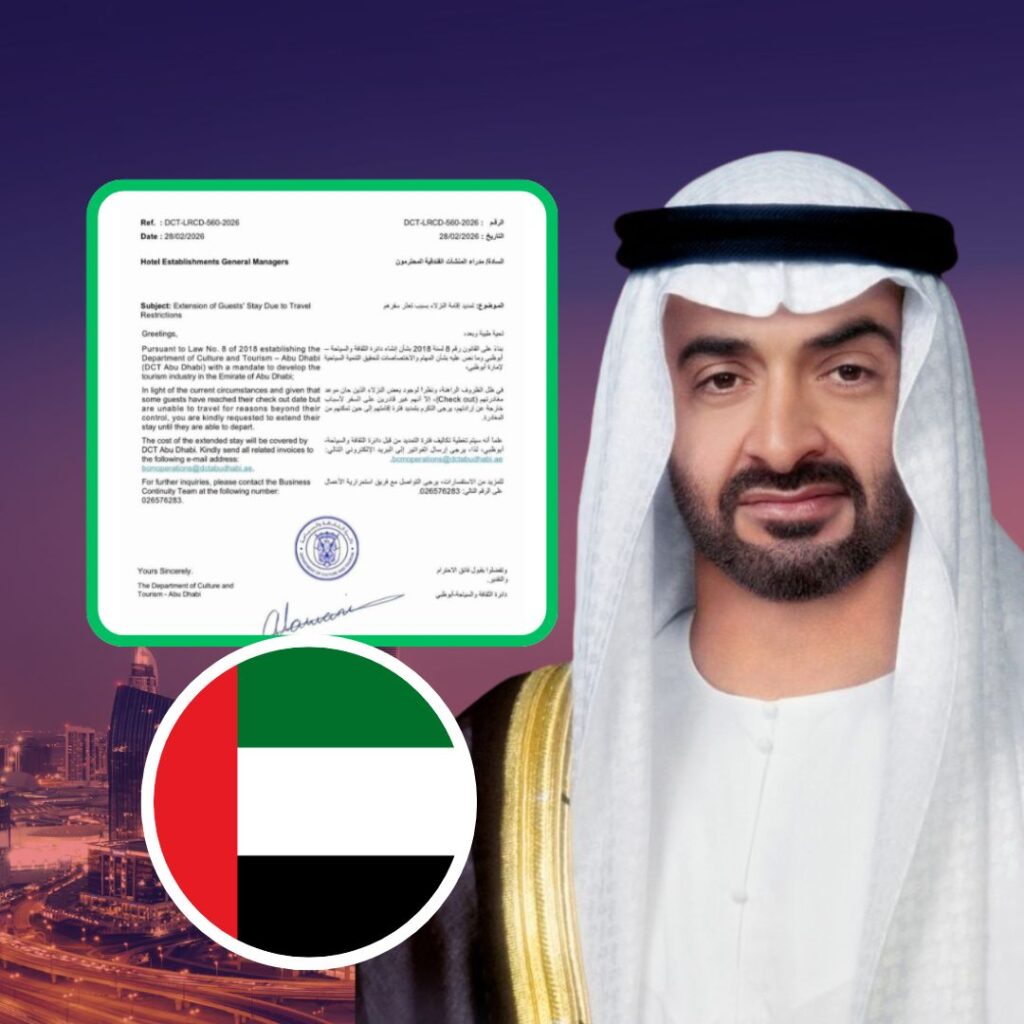A reply to an RTI revealed that only Rs 13,846.2 crore was allocated to the cities shortlisted by the Central government under its Smart Cities Mission. This averages on Rs 125 crore per city until December 2018. The reply was rendered by the Ministry of Housing and Urban Affairs.
Activist PP Kapoor told The Hindu that as per the website, the total cost of the project for the Smart Cities Misson was Rs 2,03,172 crore. He added that given the current pace of this, Kapoor said that it may take decades for the project to become a reality.
Allocations and break up for 110 cities
The RTI was filed by activist PP Kapoor on November 29, 2018. According to the reply from the ministry, the government was supposed to allocate about Rs 500 crore per city in five years under the project. Additionally, the state government was supposed to pool in a similar amount.
Notably, about one-third of these cities have been allocated less than Rs 100 crore each, while of these 11 cities have received just Rs 2 crore each. Durgapur, Haldia, Bidhannagar in West Bengal; Ghaziabad, Agra and Rampur in Uttar Pradesh; Dindigul in Tamil Nadu; Shillong in Meghalaya; and Greater Mumbai and Amravati in Maharashtra, were among the cities to have received just Rs 2 crore each.
About 60 cities were shortlisted for the project in 2016, 30 in 2017 and 10 in 2018, said the Smart City-Division 1 of the Ministry. But the department provided break-up for 110 cities in its reply.
“The Total funds allocated by the Central government for the project so far are around 7% of the projected cost. It, therefore, seems to be another false promise of the BJP, which is far from being true,” Kapoor said.
What is a smart city?
The first question is what is meant by a ‘smart city’. The answer is, there is no universally accepted definition of a smart city. It means different things to different people. The conceptualisation of Smart City, therefore, varies from city to city and country to country, depending on the level of development, willingness to change and reform, resources and aspirations of the city residents. A smart city would have a different connotation in India than, say, Europe. Even in India, there is no one way of defining a smart city.
Some definitional boundaries are required to guide cities in the Mission. In the imagination of any city dweller in India, the picture of a smart city contains a wish list of infrastructure and services that describes his or her level of aspiration. To provide for the aspirations and needs of the citizens, urban planners ideally aim at developing the entire urban eco-system, which is represented by the four pillars of comprehensive development-institutional, physical, social and economic infrastructure. This can be a long term goal and cities can work towards developing such comprehensive infrastructure incrementally, adding on layers of ‘smartness’.
In the approach of the Smart Cities Mission, the objective is to promote cities that provide core infrastructure and give a decent quality of life to its citizens, a clean and sustainable environment and application of ‘Smart’ Solutions. The focus is on sustainable and inclusive development and the idea is to look at compact areas, create a replicate model which will act as a lighthouse to other aspiring cities.












